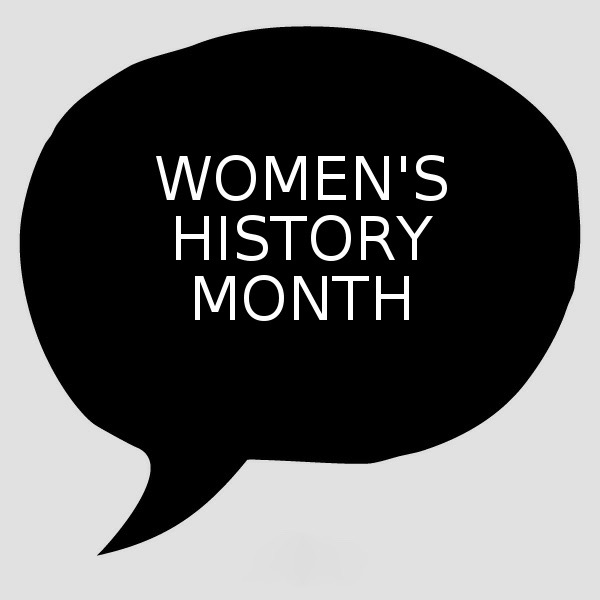WOMEN’S HISTORY MONTH: Women justice leaders

 Let’s celebrate women’s history month.
Let’s celebrate women’s history month.
Since 2006, the VineyardUSA movement has maintained a clear, public stance that every area of leadership is open to both men and women who have the desire for humble service to the community of believers and whose God-given gifting and calling for leadership has been recognized and affirmed by the church community. VJN prays that the The Vineyard Women in Leadership Task Force will continue to actively break down barriers that prevent women from fully using their gifts and living out God’s call on their lives, and to build a community of churches in which the whole body of Christ is actively serving to the fullness of their ability.
You can view or download “One in Christ: Men and Women Leading Together” booklet, where you can learn about the history, theology and practice of women who share their gifts of leading in the Vineyard Movement.
This month, VJN celebrates and highlights some of the wise, compassionate, and powerful women leaders who have contributed to our biblical justice conversation.
 Dr. Mimi Hadid takes us on a journey to understand gender equality from a biblical view.
Dr. Mimi Hadid takes us on a journey to understand gender equality from a biblical view.
“For many cultures, including Christian culture…too often…will lean upon select passages of scripture, and interpret them very poorly, as a rationale to support male rule, and that is what we call Christian patriarchy.”
Listen to Mimi’s talk on “Biblical Equality” here.
 Rev. Alexia Salvatierra challenges us to cultivate our distinctively Christian, public witness with “dove power.”
Rev. Alexia Salvatierra challenges us to cultivate our distinctively Christian, public witness with “dove power.”
“Doing justice as a Christian has to be different than doing it as a secular person. We do it as a part of a whole life discipleship. It’s not something we do on the basis of our political views. It’s something we do because we are called to it. So we do it as if Jesus is real, which has a lot of implications about power, and implications about motivation, and implications about what it means to be wise as a serpent and innocent as a dove. It has all kinds of implications that are different if you don’t believe in Jesus Christ as Lord and Savior.”
Listen to Alexia’s talk on “The Compassionate Justice of Jesus” here.
 Rev. Dr. Liz Theoharis re-defines what it means that “the poor will be with you always.”
Rev. Dr. Liz Theoharis re-defines what it means that “the poor will be with you always.”
“James 2 insists that faith is directly linked to living our lives collectively. This teaching – that it is cruel and unjust to say to someone lacking adequate food and clothing that they should go in peace – shows how it is society’s collective responsibility to care for all. It claims that peace happens only in the presence of justice. It suggests that it is impossible to honor and worship Jesus Christ as Savior and Lord without first ensuring that everyone has what they need to thrive, not just barely survive.”
Watch Liz’s interview on a biblical view to ending poverty interview here.
